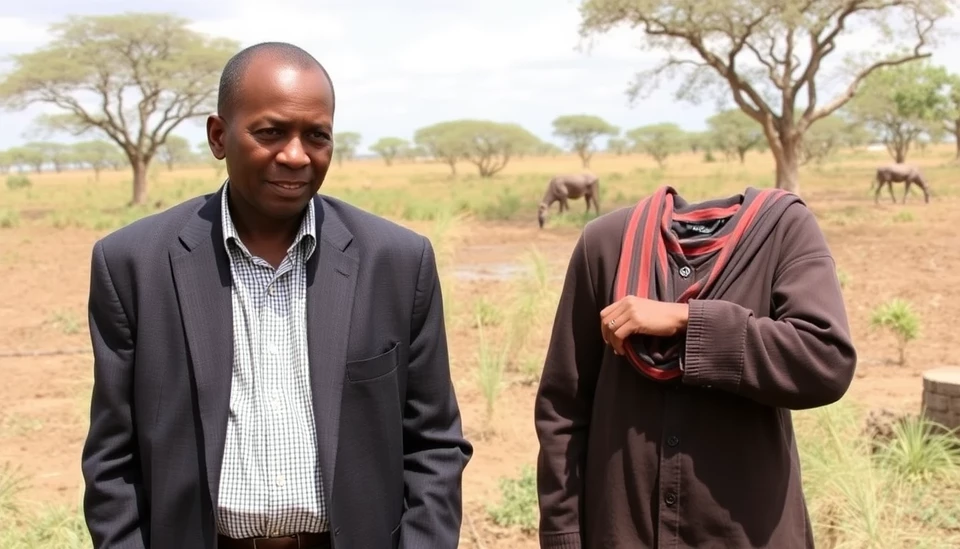
In significant financial news, the Governor of the Reserve Bank of Zimbabwe, John Mangudya, has clarified that the recent devaluation of the Zimbabwean dollar by 43% against the US dollar is intended to be a one-time adjustment. This measure, enacted by the central bank, has stirred a mix of responses among economic analysts and the general public, as the nation grapples with persistent economic challenges.
The devaluation was officially reported as necessary to realign the official exchange rate with the prevailing market conditions. According to Mangudya, this bold move is part of a broader strategy to stabilize Zimbabwe’s economy, which has faced years of hyperinflation and currency fluctuations that have left many citizens wary of the national currency.
As the new exchange rate takes effect, officials are hopeful that it will lead to increased investments and improved cash flow within the economy. The central bank's goal is to restore confidence among stakeholders and create a favorable environment for foreign investments, which have dwindled in recent years due to economic instability.
Mangudya emphasized that the devaluation should not be viewed as a sign of weakness but rather as an essential step for setting a stable economic foundation. He is optimistic that this adjustment will also enhance the competitiveness of local products in both domestic and international markets.
Despite this optimistic outlook, the public reaction has been mixed. Critics are concerned that the devaluation might further exacerbate the current inflation rates, which are already a burning issue for many Zimbabweans. The fear is that prices could skyrocket as businesses adjust to the new rate, potentially making essential goods less affordable for average citizens.
To address these concerns, the Reserve Bank has pledged to implement measures aimed at controlling inflation and enhancing monetary policy credibility. Mangudya assured that the bank will remain vigilant in monitoring economic indicators and will make necessary adjustments to support the economy if required.
This devaluation is part of broader fiscal reforms that the government hopes will lead to long-term sustainability and growth. As Zimbabwe looks towards the future, the emphasis remains on building a more resilient economy that can withstand external shocks and ensure stability for its citizens.
As developments unfold, stakeholders will be closely watching the effects of this significant policy change. The Reserve Bank continues to engage with economic experts to ensure that the necessary frameworks are in place to support the economy in the months to come.
#Zimbabwe #CurrencyDevaluation #Economy #JohnMangudya #ReserveBank #Inflation #FinancialStability
Author: Rachel Greene




